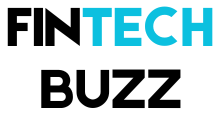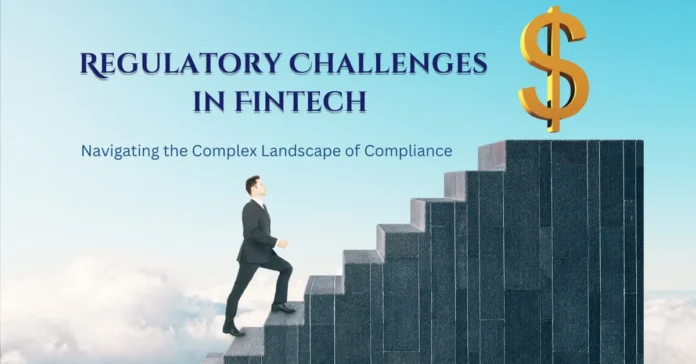Introduction
The fintech sector is rapidly evolving, driven by innovation and technological advancements. However, this growth comes with a host of regulatory challenges that vary significantly across different regions. Understanding these complexities is crucial for fintech companies looking to expand their operations globally.
1. Diverse Regulatory Frameworks
- Regional Differences: Each region has its own regulatory bodies, laws, and compliance requirements. For instance, the European Union has stringent regulations like PSD2 (Payment Services Directive 2), while the U.S. follows a more fragmented approach with various state and federal regulations.
- Case Studies: Highlight specific examples from different countries, such as Singapore’s progressive regulatory environment versus the more cautious approach seen in some parts of the U.S.
2. Licensing Requirements
- Varied Licenses: Fintech firms may need multiple licenses to operate in different jurisdictions, complicating market entry. For example, operating as a payment processor, lender, or investment platform often requires distinct licenses.
- Lengthy Approval Processes: The time-consuming nature of obtaining licenses can hinder innovation and speed to market.
3. Consumer Protection Laws
- Focus on Safety: Regulatory bodies prioritize consumer protection, necessitating compliance with data protection laws, anti-money laundering (AML) requirements, and know your customer (KYC) guidelines.
- Global Standards: Discuss the push towards harmonizing standards, such as the GDPR in Europe, and how these affect fintech operations.
4. Navigating Regulatory Technology (RegTech)
- The Role of RegTech: Many fintech companies are turning to RegTech solutions to streamline compliance processes. These technologies can help monitor regulatory changes, automate reporting, and ensure adherence to various regulations.
- Challenges and Opportunities: While RegTech offers solutions, it also poses challenges in terms of integration with existing systems and the costs involved.
5. Evolving Regulations
- Staying Ahead: The fintech landscape is continually changing, and regulators are adapting to new technologies. Companies must stay informed about upcoming regulations, such as those related to cryptocurrencies or artificial intelligence.
- Proactive Compliance Strategies: Emphasize the importance of building a proactive compliance culture within organizations, focusing on ongoing training and updates.
6. International Collaboration
- Global Standards: Discuss initiatives aimed at fostering international cooperation among regulators, such as the Financial Stability Board (FSB) and the International Organization of Securities Commissions (IOSCO).
- Cross-Border Challenges: Highlight the difficulties fintechs face when trying to operate in multiple countries, including differing regulations and compliance costs.
Conclusion
Navigating the regulatory landscape is one of the most significant challenges for fintech companies. By understanding regional differences, leveraging technology, and adopting proactive compliance strategies, these companies can not only meet regulatory requirements but also position themselves for sustainable growth in the competitive fintech space.


